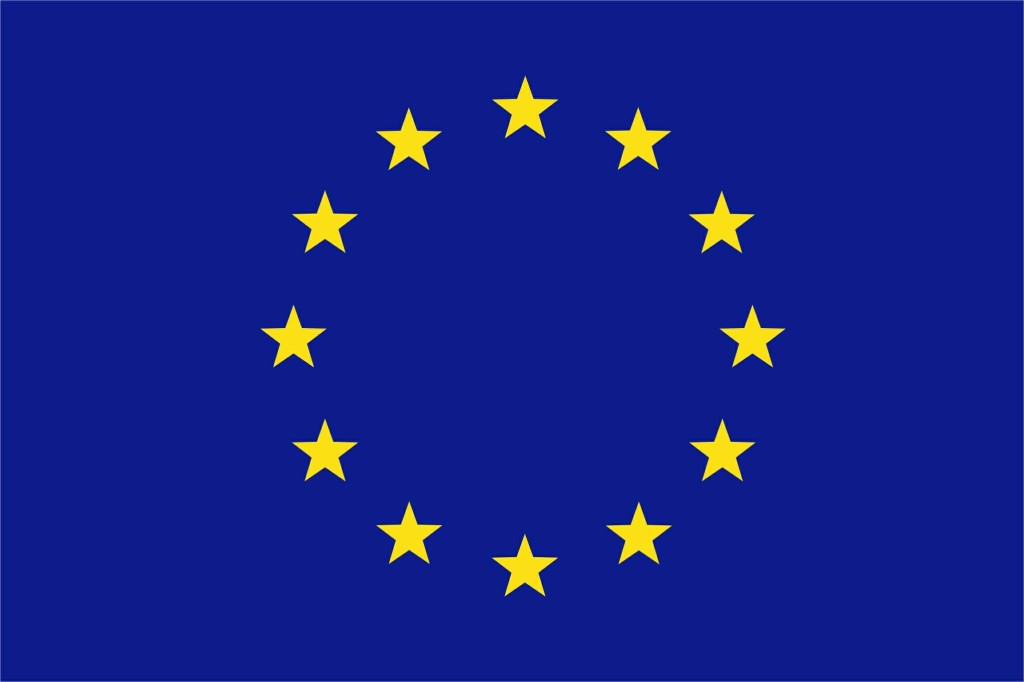Apple’s dominance in the smartphone market might pile up yet another case against itself and this time in the European Union. Some anonymous sources have confirmed news to the New York Times that several carriers in the EU, especially in France, have been trying to press charges against Apple for anticompetitive rules that govern iPhone sales on those carriers. Apple’s iPhone being one of the most wanted smartphones across the globes, most carriers are being forced to oblige to every rule set by Apple, they have a strict process for every aspect, right from approval of apps to design constraints to carrier partnership. Apple seems to be setting a minimum target by volumes over a period of three years for every carrier it partners up with and if the carrier fails to reach the target they will have to bear the consequences.

Most carriers have a limited amount of pre-fixeed budget allocated to marketing campaigns and the amount it spends on various devices depends on the traction and demand for a particular device but due to Apple’s strict rules some carriers seems to be facing the heat that is driving them to forcefully spend more than required towards advertising the iPhone and drive their sales. This will actually leave a lit bit less for the carriers to spend on competing devices.
As such iPhone has a pretty good demand and sales stats for the previous quarters show that iPhone 5 had largest number of devices sold across the globe compared to competitors but things might not be the same everywhere. In EU alone, share of iPhone in market dropped to 24.72 percent during the holiday quarter, from 26.86 the same quarter last year showing a bit weaker demand for iPhone compared to competing devices.
The EU has not yet decided upon pressing charges against Apple and continuing with an investigation yet as no official complaint has been filed against Apple as such. If the carriers decide to move ahead and press charges against Apple then the EU will first investigate if the carriers are indeed true and if they have enough evidence supporting their claims.
